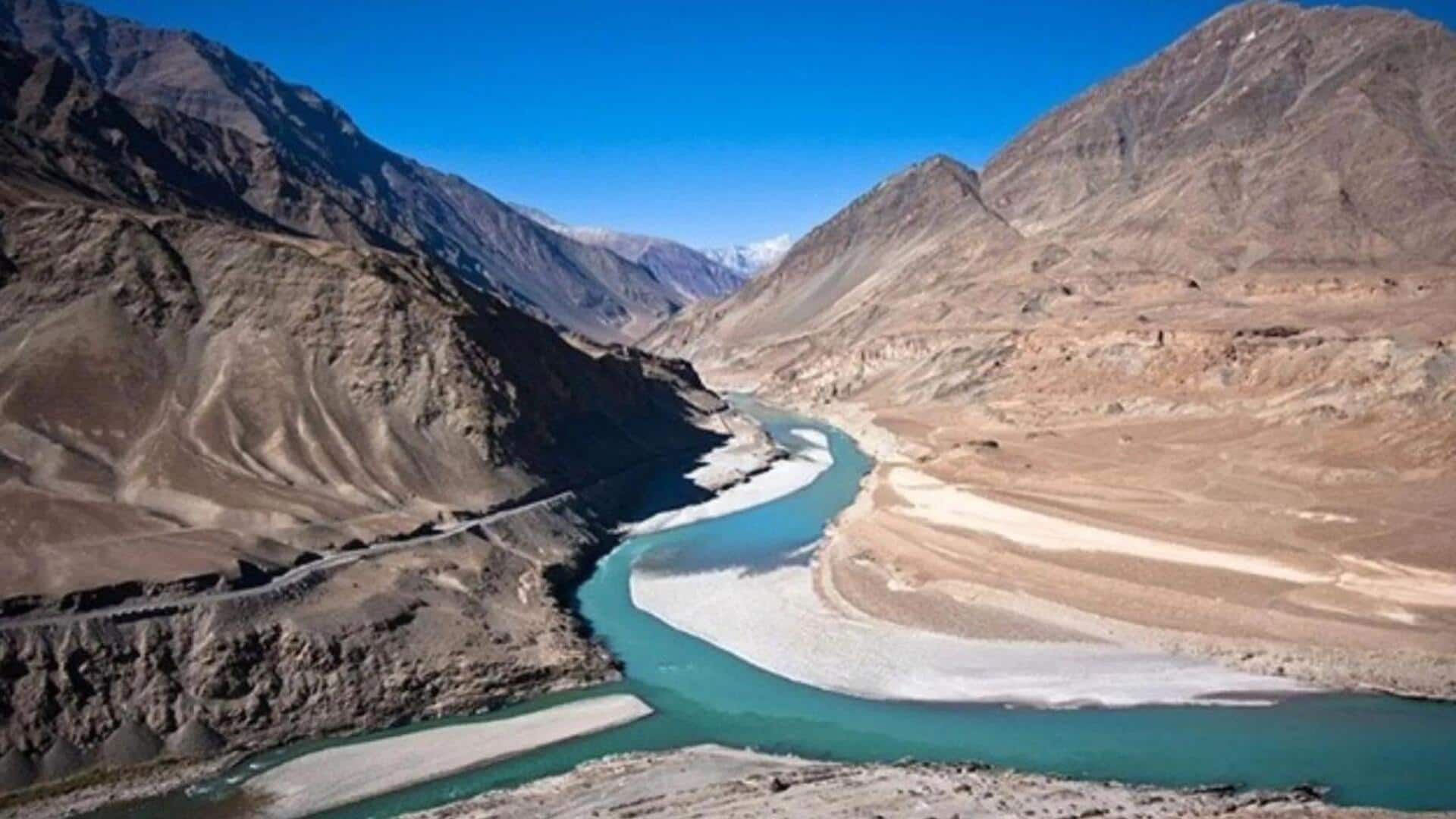
Ministers to educate public how Indus treaty suspension benefits India
What's the story
The central government has decided to launch a public outreach program to explain the benefits of suspending the Indus Waters Treaty with Pakistan, India Today and News18 reported. Senior Union ministers, including Agriculture Minister Shivraj Singh Chouhan, Water Resources Minister CR Patil, and Environment Minister Bhupender Yadav, will lead this initiative. The program will mainly target northern states where river water usage is expected to increase.
Work
Ministers are expected to personally visit several districts
A comprehensive public outreach campaign will be launched in Punjab, Jammu and Kashmir, Himachal Pradesh, Haryana, and Rajasthan. Ministers are expected to personally visit several districts and communicate with stakeholders, including farmers, local officials, and civil society groups, to ensure that the message is conveyed. This decision underscores the government's intent to integrate national water security with geopolitical policy while simultaneously meeting rising domestic water consumption.
Water management strategy
Long-term plan to utilize Indus River waters better
The government is also reportedly working on a long-term plan to utilize the Indus River waters better. This includes building a 160-kilometer canal to connect the Chenab River with the Ravi, Beas, and Sutlej systems. A nearly 13-kilometer tunnel is also planned to connect the Indus with other rivers and canals, allowing water transfer from Jammu and Kashmir to Punjab, Haryana, and Rajasthan.
Campaign details
Ministers will reach out to residents in northern states
The government hopes to connect Indus waters to Rajasthan's Sri Ganganagar in three years by integrating existing canal systems across states. This will increase water availability and allow India to use surplus water for irrigation and power generation. Senior ministers will reach out to residents in regions expected to benefit from increased water supply, assuring them that the decision will help prevent future water shortages.
Treaty background
What is the Indus Waters Treaty?
The Indus Waters Treaty, signed in 1960 with the World Bank's mediation, is a water-distribution agreement between India and Pakistan. It gives control of eastern rivers (Ravi, Beas, Sutlej) to India and western rivers (Indus, Jhelum, Chenab) to Pakistan with limited use provisions for each other's allocated rivers. The suspension of this treaty was one of the punitive measures taken by New Delhi against Islamabad after the April 22 terrorist attack in Pahalgam.